Expanded Paid Sick Leave for COVID-19
6 Apr 2020, by Seth Grigg Share :The Families First Coronavirus Response Act (FFCRA) was signed into law on March 18, 2020. It is effective after April 2, 2020 and will sunset, unless extended, on December 31, 2020. The Act provides eligible employees a right to emergency paid sick leave and paid leave under the Family and Medical Leave Act (FMLA) for certain qualifying coronavirus-related reasons.
According to FFCRA, covered employers, including counties, must provide to all employees up to two weeks (80 hours for full-time employees or a part-time employee’s two-week equivalent) of paid sick leave for COVID-19 related absences. The amount of paid sick leave is paid at 100% of the employee’s wage if the employee takes leave because they are:
- Subject to a federal, state, or local isolation order related to COVID-19;
- Have been advised by a health care provider to self-quarantine related to COVID-19; or
- Is experiencing COVID-19 symptoms and is seeking a medical diagnosis.
The amount of paid sick leave is paid at 2/3 of the employee’s wage if the employee takes leave:
- To care for an individual that is subject to a self-isolation order or has been advised by a health care provider to self-quarantine related to COVID-19,
- To care for their child whose school place is closed or childcare provider is unavailable due to COVID-19 related reasons, or
- Is experiencing other substantially similar conditions specified by the US Department of Health and Human Services.
In addition to the two weeks of paid sick leave outlined above, covered employers, including counties, are required to grant an additional 12 weeks of job protected paid family and medical leave to employees impacted by COVID-19. To qualify for this Public Health Emergency Leave (PHEL), an employee must be unable to work or telework due to either a quarantine or a need to care for their child because of either a school closure or the unavailability of child care due to COVID-19. The first two weeks of leave may be unpaid, or the employee may choose to substitute emergency sick leave pay outlined above or accrued paid time off, but an employer cannot require an employee to do so. The following 10 weeks will be paid at 2/3 of the employee’s normal rate of pay (not to exceed $200 per day or $10,000 total). The Act does not expand the standard 12-week per 12-month FMLA entitlement. If an employee has used leave for other FMLA-qualifying reasons, they will not be able to go beyond a combined 12 weeks.
The FFCRA is not just for those who have run out of sick leave and, in fact, eligible employees may utilize the leave provided under the Emergency Paid Sick Leave Act before using their other sick leave or PTO.
Please contact your prosecuting attorney for additional guidance about implementing the FFCRA. Many of your personnel policies may already provide the required benefits for affected employees. Information regarding the implementation of FFCRA can be found by clicking here and clicking here.






